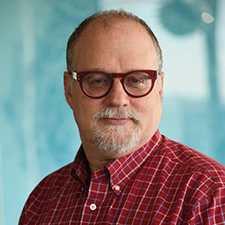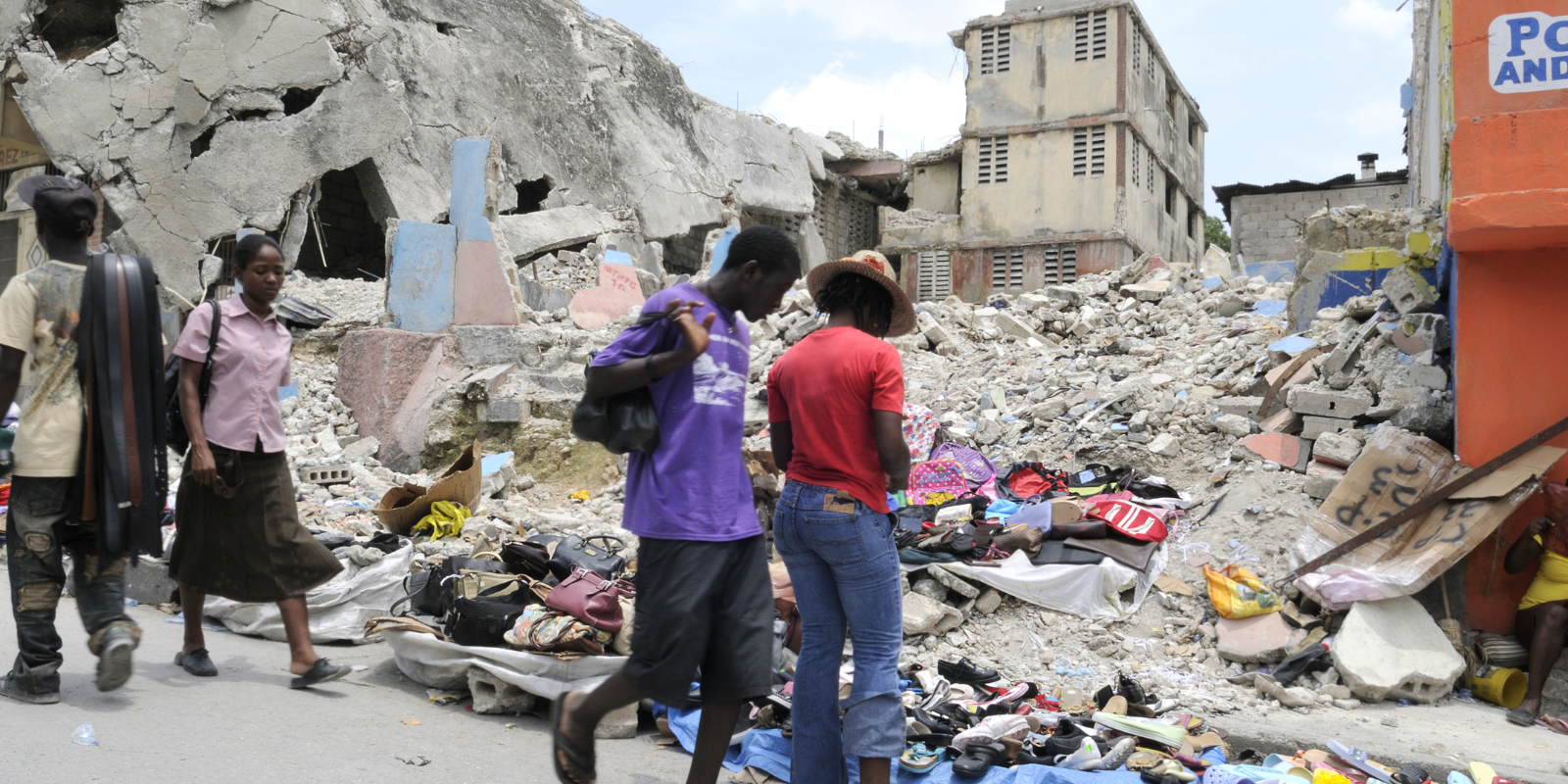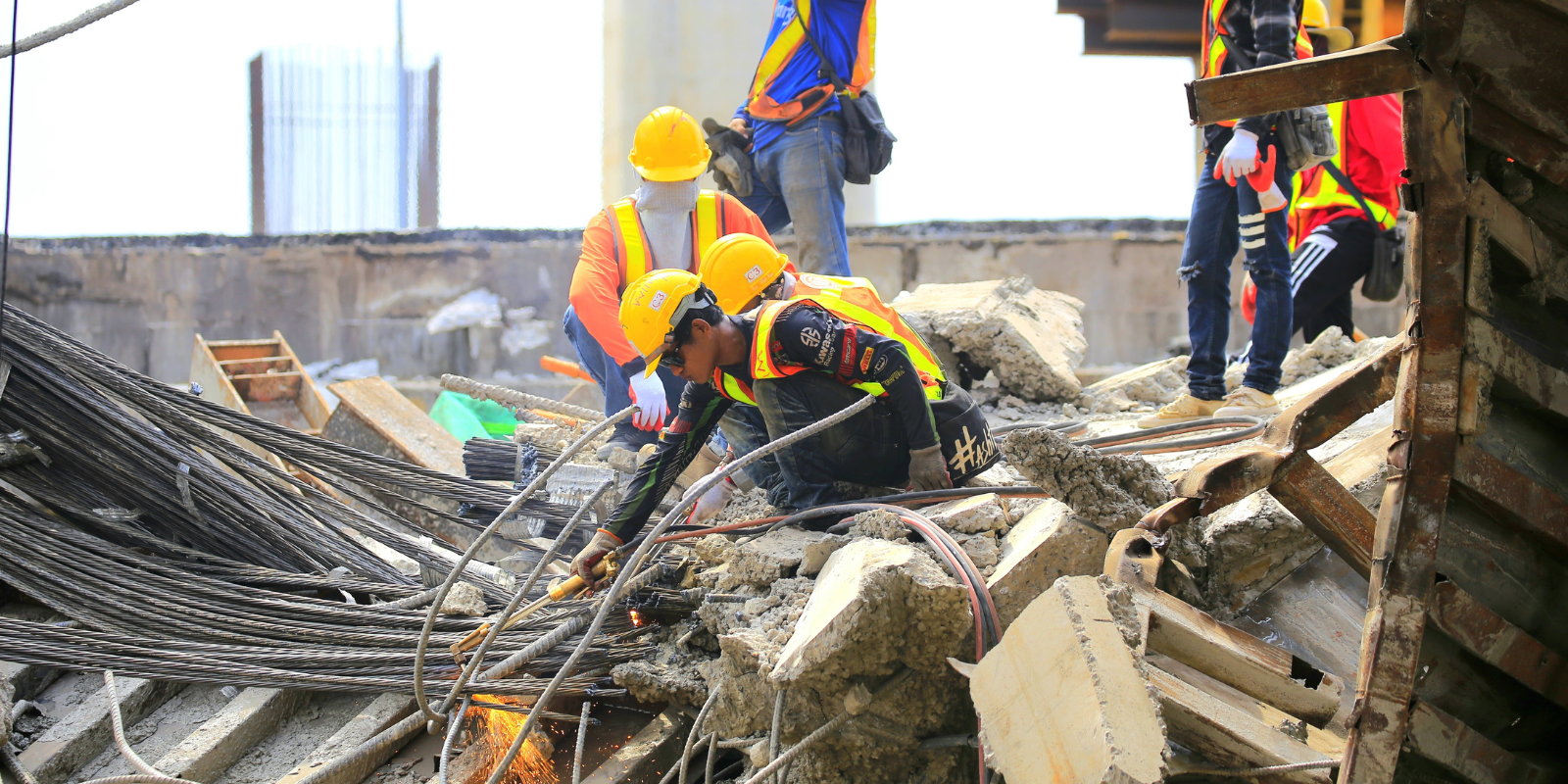This is certainly not the first time U.S. citizens have seen global uprisings and political unrest. What factors make this situation different and have your mental health colleagues on alert?
First, putting it into the context of the pandemic, many people are just depleted and feeling very overwhelmed. Then you have a very clear threat in your face. It is not completely analogous, but it is sort of like the fires in Boulder County. You are already barely making it, and then you have something like this happen, and you don't have the reserves to cope in a way you might normally. I think that's just important to recognize for all of us.
The other thing is: This is one of the first traditional wars that we have seen since Vietnam. All the others have been skirmishes, or guerrilla or short-term, and we just haven't really experienced anything quite like this. And we haven't had wars where there are nuclear powers involved in this way, which is an added stress.
Another piece is that there are so many Americans with connections and roots in that part of the world. I think everybody knows somebody who is from Eastern Europe or from Ukraine or has family there. That's much more impactful when those relationships are that closely connected.
Current comments and actions from political leaders are scary. How do we move forward with our day-to-day lives with worries of world war and nuclear attacks looming over our heads?
I was at Yale University during 9/11, and I did a press conference a day or two later. It was at the state capitol, and there were all these journalists, and there wasn't social media then, but one of the first things I said was, “Turn off your TVs.” I think people really have to be willing to navigate the amount of information they are receiving with how that makes them feel. I generally recommend that people don't check in on war-related issues more than twice a day. Despite what we think, it doesn't change that much in 24 hours, at least when you're not in the middle of it.
Then the other thing is, particularly in the social media age, you don't always know what to believe. The old adage is always true, but I think even more true in this situation, which is: The first casualty of war is the truth.
This seems to be everywhere on social media. What’s the best way to find a happy medium in our media consumption?
That's really interesting too. I do remember the Gulf War, and it was the first time that war battles had been televised, and now this is exponentially different. You can just go to Twitter or Instagram and immediately see videos of what happened 10 minutes earlier. Passive reception of upset and trauma can be devastating if you're just taking it in. There’s not a heck of a lot that we can do, other than sending donations.
It seems like the world has been through a lot these past two years: the COVID-19 pandemic, climate disasters, a recession and now the threat of war. It can feel overwhelming. Is there a healthy way to cope with the helplessness?
Focus on the things you have some control over, because at least you can feel some efficacy when there's such overwhelm. I think really focusing on your work, your family, and avoiding what's going on in Eastern Europe is probably the best way to manage. I am not suggesting you bury your head in the sand. I'm just saying, limit your time; schedule it so that you are only really dealing with that at certain periods of the day.
What about the children and feeling our stress? What do we do with their questions? How do we deal with the likelihood of their seeing violent images on social media or TV screens?
It's a developmental issue. I think teens and college-age people are very aware of what's going on. If you are of that age, there is more of a direct link and worry. One, what does this mean in terms of the military? Am I going to get drafted? Is that going to happen? Is the world going in that direction where we are going to be in a war fighting again? I think as parents and teachers, we have to be careful to recognize that's not an abnormal or crazy idea. You can provide a historical basis for not being that concerned about it. But also, be aware that this is novel for us. I think the best thing we can do is listen and support that group of kids.
The younger kids under 6, they don't need to know much of anything, frankly. The answer from parents is, “I am here to protect you. I will take care of you, and if you have questions, please let's talk about it.”
One of the best things to do with that middle school-age group is to just give them a period of time and ask them, “What are your friends saying about this?” Often, you will get a much more honest perspective on what they are thinking when you ask what their friends think.
We are in the midst of a suicide crisis in this country, particularly – and shockingly – among our youth. What do we do for ourselves? How do we help people who are already at risk?
We know that stress and anxiety can result in despair and psychological pain, and many people unfortunately see the best way to deal with that as by not being in the world. Suicide is not only erasing yourself; it's erasing the world and the stress. As I mentioned, particularly that teenage young adult group, I think is at higher risk. How much more can you deal with? It feels like drip, drip, drip, splash, drip, splash, splash, and I think that's a real concern.
Depending on the family or the school system, it behooves them to be very aware of that and not to be afraid of asking by saying something like, “This is all so overwhelming. I wonder if you ever think if it's worth it?” A lot of schools have taken to doing suicide screens, and I see nothing wrong with that. Try to recognize and identify those kids who are really struggling and on that edge.
There's also Colorado Crisis Services, which is excellent. We will connect people and develop resources. There's the national suicide hotline, 800-273-8255, Safe2Tell, all of these programs should be utilized.
We need to ask each other about these issues in the same way. Find your group of people that you can be with and communicate with. Really make that a part of your life. The worst thing to do is withdraw and isolate.





